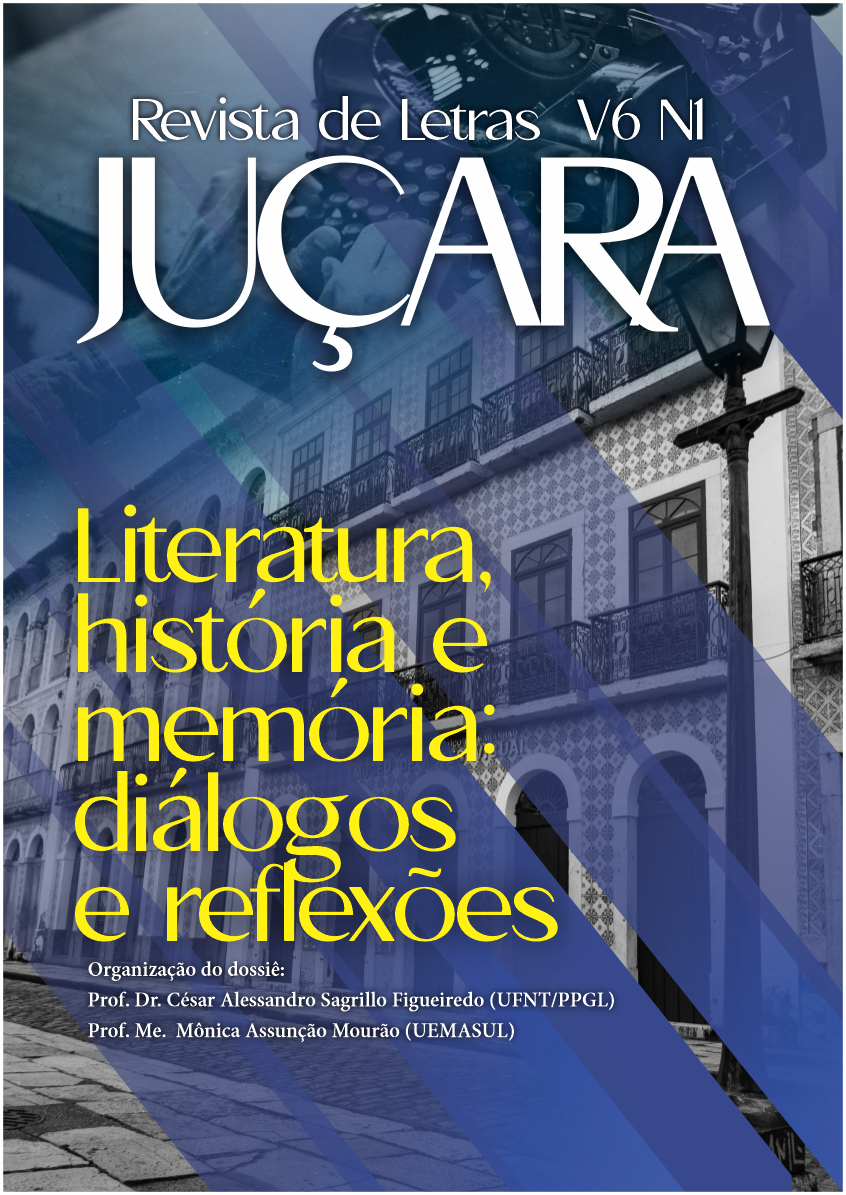O FATO COMPLETO DE LUANDINO VIERA E MIA COUTO
DOI:
https://doi.org/10.18817/rlj.v6i1.2793Resumo
A partir do elemento do "fato", e seus múltiplos significados na língua portuguesa, propomos aqui uma leitura comparada entre os textos "O fato completo de Lucas Matesso", de Luandino Vieira, e "O embondeiro que sonhava pássaros", de Mia Couto. Acreditamos que, com diferentes estratégias na inserção do "fato" nestes contos, os escritores estruturam suas narrativas de forma a desvelar a opressão colonial portuguesa em seus países, fundamentalmente a opressão sofrida pelas camadas mais excluídas da sociedade. Enquanto o escritor moçambicano usa o elemento do fato/terno como símbolo da cultura europeia para, então, criticar o colonialismo, Luandino se vale da polissemia do português transformado pelo povo angolano para fazer sua crítica ao regime colonial, polissemia que, vale dizer, não existe na noção colonial autossuficiente portuguesa.
Downloads
Publicado
Como Citar
Edição
Seção
Licença
Copyright (c) 2022 David Pereira Júnior

Este trabalho está licenciado sob uma licença Creative Commons Attribution 4.0 International License.
A submissão de originais para a Revista de Letras Juçara implica na transferência, pelos autores, dos direitos de publicação. Os direitos autorais para os artigos publicados nesta revista são do autor, com direitos da revista sobre a primeira publicação. Os autores somente poderão utilizar os mesmos resultados em outras publicações indicando claramente a Revista de Letras Juçara como o meio da publicação original.


